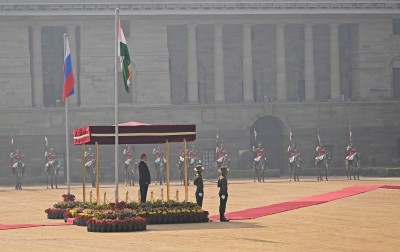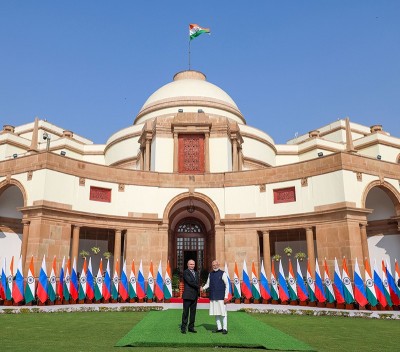
‘Can’t serve as evidence collecting channel’: Delhi court rejects Army major’s plea for CCTV footage in adultery case, cites wife's right to privacy
New Delhi: A Delhi court has dismissed a petition seeking CCTV footage from a hotel in an alleged extramarital affair case involving an Indian Army Major and the wife of another officer, upholding the right to privacy of the individuals concerned.
The petition, filed by a Major in the Indian Army, accused his wife of being in a relationship with another officer of the same rank.
However, Civil Judge Vaibhav Pratap Singh refused to grant access to the hotel’s CCTV footage and booking details, citing the guests’ right to privacy and confidentiality.
According to a LiveLaw report, the court held that even in the hotel’s common areas, the couple was entitled to privacy from third parties who had no legal claim to the footage.
"The right to privacy and to be left alone in a hotel would extend to the common areas as against a third party who was not present there and has no other legally justifiable entitlement to seek the data of the guest. Same would hold good for the booking details," Judge Singh said, according to the report.
He also pointed out that despite being central to the allegations, neither the wife nor the alleged partner had been made parties to the suit.
The court said this raised concerns of natural justice, as releasing such personal information without allowing them to be heard would infringe on their privacy and potentially cause reputational damage.
Further, the judge said that courts are not “investigative bodies for private disputes or a channel for collecting evidence” in internal proceedings, and advised the petitioner to pursue remedies available under the Army Act, 1950 and applicable internal rules, rather than attempting to circumvent them through civilian courts.
In a literary reference, Judge Singh cited The End of the Affair by Graham Greene: "It is not the lover who has betrayed the marriage, but the one who made the vow and broke it. The outsider was never bound by it."
He also invoked the 2018 Supreme Court ruling in Joseph Shine v. Union of India, which struck down the adultery law, rejecting the notion that a man could ‘steal’ a woman’s affections.
Emphasising evolving legal and social norms, he noted, "Such a dated idea... dehumanises women."
Judge Singh concluded by underlining that the removal of the adultery provision in the newly enacted Bharatiya Nyaya Sanhita signals a societal shift away from patriarchal and gender-biased thinking.
Support Our Journalism
We cannot do without you.. your contribution supports unbiased journalism
IBNS is not driven by any ism- not wokeism, not racism, not skewed secularism, not hyper right-wing or left liberal ideals, nor by any hardline religious beliefs or hyper nationalism. We want to serve you good old objective news, as they are. We do not judge or preach. We let people decide for themselves. We only try to present factual and well-sourced news.







